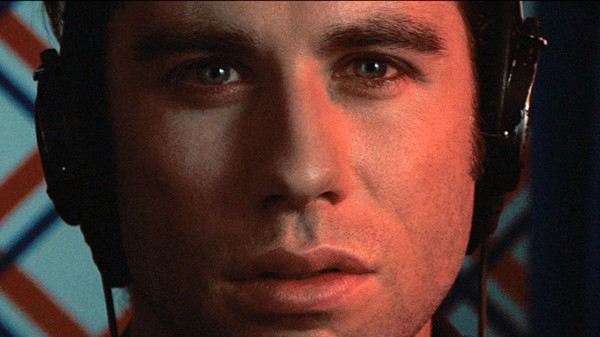
Any time someone mentions an actors’ name, the following reaction is to think of the movie that made them well known. If someone mentions Al Pacino, you’ll think of The Godfather. Marlon Brando in A Streetcar Named Desire. James Dean? Rebel Without a Cause.
In the cases of the three movies listed, it’s easy to recall how outstanding these films were because of the actor’s abilities to persuade an audience to believe they are in fact their characters.
Putting passion on screen that ignites various emotions from the viewers is what makes them remember the film and immortalizes the actors through various accolades to commend them on their performance.
However, this isn’t to suggest every movie featuring an award-winning actor will be a gem that pops out. Numerous films feature critically acclaimed actors but get lost in the tracks, either due to the timing of the released date or the film’s plot or style didn’t appeal to mainstream audiences. More often than not, these films feature a remarkable performance by the actor that leads it to becoming a cult classic years after its made.
The list below is made to reflect on 10 great forgotten films that feature these award-wining actors. Spanning from as early as the days of Pre Code Hollywood days to the thrilling independents of today’s cinema, the list will expose you to forgotten treasures of American cinema and hopefully spark a sense of cinema history.
10. Mickey Rourke-Year of the Dragon
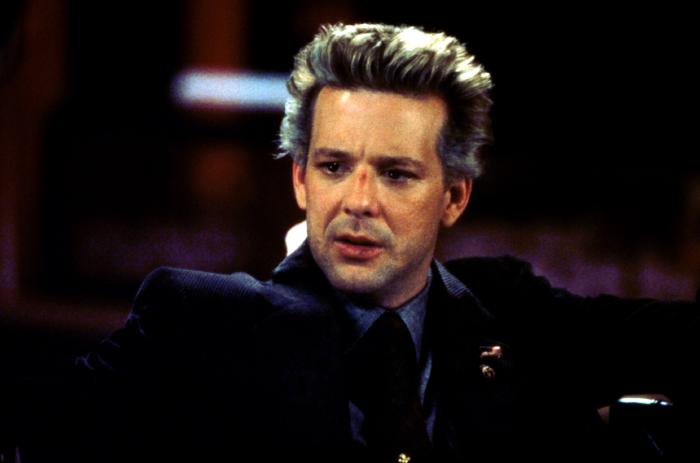
A polarizing film that met both praise and neglect, Year of the Dragon gives us a gripping adventure into the depths of Chinatown as Stanley White (Mickey Rourke), a Polish-American police captain who aims to halt the illegal drug trade operated by the Triad, the Chinese Mafia. Rourke in this films, just like many of his other acclaimed roles, plays a man who has something to prove and wears his heart on his sleeve.
Year of the Dragon is an interesting picture that looks not only into the absent race relations in New York, but also makes us witness that the opposite sides of the law aren’t as black and white as one may think.
The bout between White and the head of the Triad, Joey Tai (John Lone) shows that intentions can spawn from prejudice no matter if you’re trying to protect or destroy . Year of the Dragon takes a perfect blend of noir and Chinese action cinema and combines for a thriller that won’t make you forget any time soon.
9. Robert Duvall-The Outfit
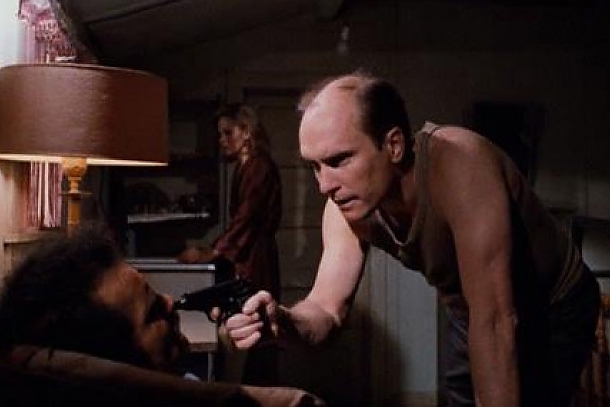
With the resume that Robert Duvall has, which includes The Godfather Part I and II, Network and Joe Kidd, it’s expected that one may forget a couple of great films Duvall starred in during his magnificent run of acting performances of the 70s.
One such film, The Outfit, is as merciless and chilling as any crime thriller of the 1970s. In The Outfit, Duvall plays Earl Macklin, a character based off Richard Stark’s infamous anti-hero Parker, making it the fourth adaption of Stark’s Parker novels.
When Macklin is released from prison, he discovers that his brother has been assassinated by two hit men who work for a crime syndicate known as The Outfit, in which they are targeting him next. As a result of his brother’s death and the failed assassination attempt on himself, Macklin demands retribution of $250,000.
With the aid of his old partner Cody (Jon Don Baker) and his girlfriend Betty (Karen Black), he begins to methodically pull heist after heist against the outfit, leading to the climatic standoff between him and the head of The Outfit.
While the film may not be an aesthetic or narrative landmark like its predicator Point Blank, starring Lee Marvin and based of the first Parker novel The Hunter, it can be argued that Duvall equally if not surpasses Marvin in his portrayal of Parker. He’s calm and calculating, always one step ahead of his nemesis.
Duvall shows in The Outfit that he was one of the prized actors in the New Hollywood Era and has continued to dominate the screen to this day.
8. Paul Newman-Harper
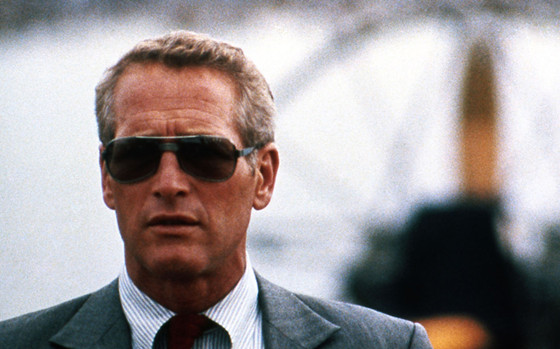
A charming actor that exemplified suave on screen, Paul Newman starred in a 1966 mystery film Harper, based Ross McDonald’s novel The Moving Target. Newman plays the role of private investigator Lew Harper who is hired by a woman named Elaine Sampson (played by the great Lauren Bacall) to locate her husband Ralph Sampson after he suddenly disappeared while flying back to LA from Las Vegas.
The case was brought to him district attorney and personal friend Albert Graves (Arthur Hill) who also informs Harper of Ralph’s egocentric personality and unfaithful acts he’s committed against his wife.
On this journey of collusion and treason, Harper soon discovers that those close to the situation cannot be trusted either. Everyone becomes a suspect and Harper could find himself in deep waters if he doesn’t keep his cool and play his cards right.
What makes Harper great was the style by which Newman brought to the character of Lew Harper. This film was one of the first homages to the Film Noirs of the early 40s that captured the cynical nature of people and was one of the first private investigation films that gave us a close look into deceptive glamour of Los Angeles.
Newman showed the same commanding control that Bogart portrayed in The Maltese Falcon and The Big Sleep but with his own boyish affability. He was always in control without having to flex his muscle or show too rugged emotion. Regardless of popularity, Harper is a fine detective feature that’s worth a glance.
7. Kevin Spacey-Margin Call
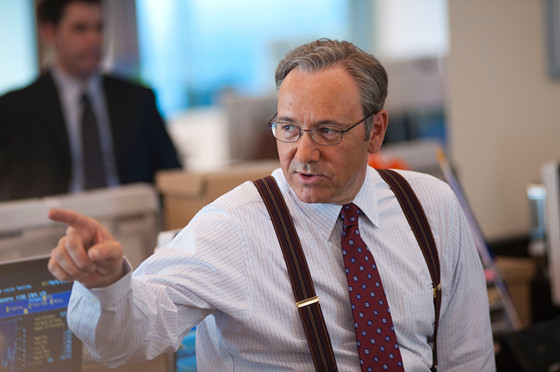
Is there anything that Kevin Spacey can’t do? He’s acted in a variety of genre’s that displays his ability to transform himself into the character he portrays that makes us forget we are watching a film. Kevin Spacey has had much success as an actor because he give us just enough of his character blended with his personality to contribute t the story, without having his presence on screen detract from the plot. A perfect example of this is Margin Call.
Centered around the final couple days leading up to the 2007-08 financial collapse, Margin Call dives into the players of a large corporation who scatter to discover when the collapse will happen. Sam Rogers, played by Spacey, is as convincing of a character as he’s ever played. He leads us to believe that he is as bloodless as any yuppie on Wall Street, while leaving us in a flurry of emotions in the film’s final scene as he buries his deceased dog that was so dear to him.
Margin Call is full of quick witted and rapid-fire dialogue that makes an audience feel like they’re on a roller coaster ride in the middle of the financial district. While it may not be as unfamiliar as other films listed, it slipped between the cracks of many due to its limited theatrical release and uncompromising jargon. Nonetheless, it is a true treasure of modern independent cinema that will continue to grow in popularity in years to come.
6. Robert De Niro-Bloody Mama
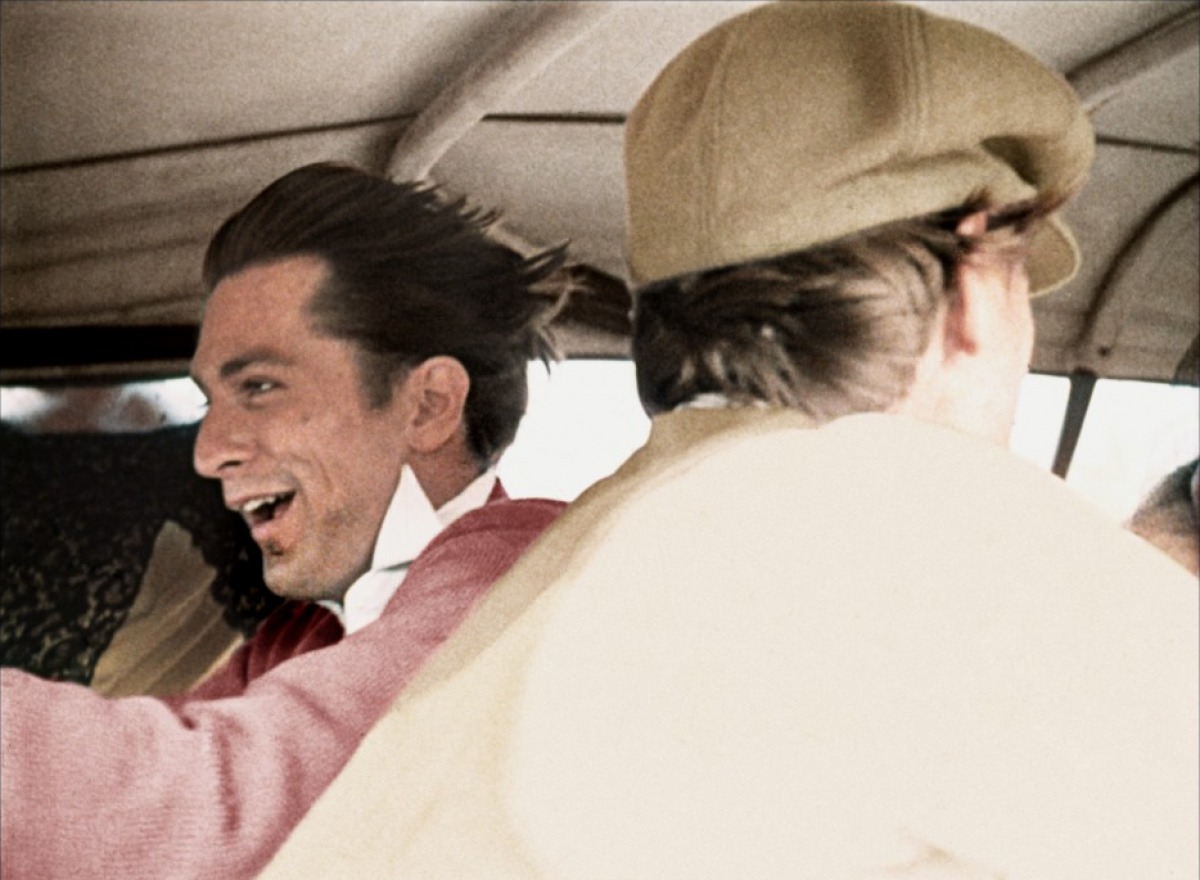
Roger Corman always had a way of pushing the boundaries of free expression with his menacing characters and unforgiving violence. Bloody Mama, released in 1970, was inspired by Ma Barker, the head of the Barker Gang that included her four sons as they journeyed through the Midwest on a murder and robbery spree.
The low budget exploitation film initially was met with criticism for it’s bloodthirsty portrayal, but has since received acclaim as a quintessential gangster picture. It is also a film that featured a man who would become a stereotype for all gangster pictures; Robert De Niro.
Robert De Niro in this film plays Lloyd Barker, the drug addict and the youngest son of the gang, who is also the closet to Ma. Throughout the film, the audience can see how De Niro began to develop his own acting style in his early career, showing raw emotion in times of distress as he searches for something to get high off of, to his sudden burst of violence as he sexually assaults a women by the pool.
It is reminiscent of the antagonistic qualities we see in Raging Bull and Taxi Driver that leaves the audience in an uncomfortable stance watching him, but still rooting for his character.
While Bloody Mama may have been made on a few dollars and saw by even fewer people, it is nonetheless a landmark for the gangster genre, right along side Bonnie and Clyde, that would serve as a platform for many gritty films of the New Hollywood Era as well as exploitation features that romanticized violence and opened a world free expression for the directors and writers of that time.